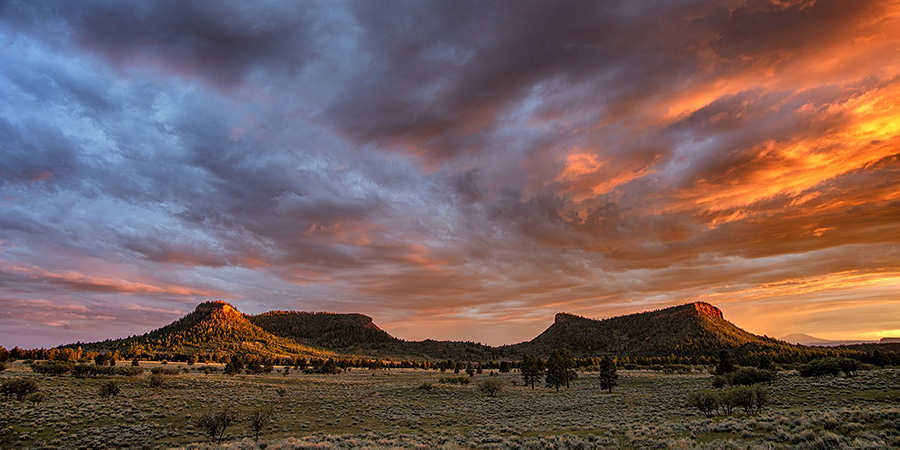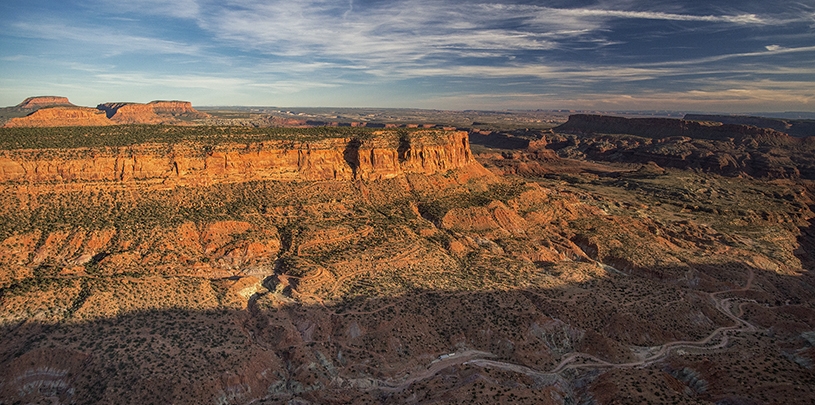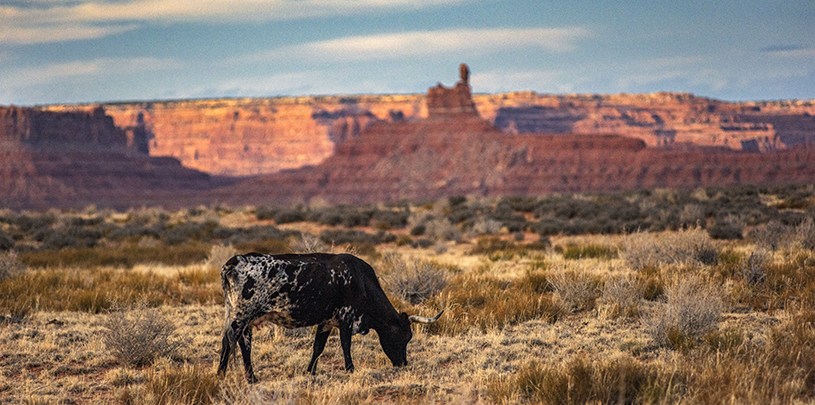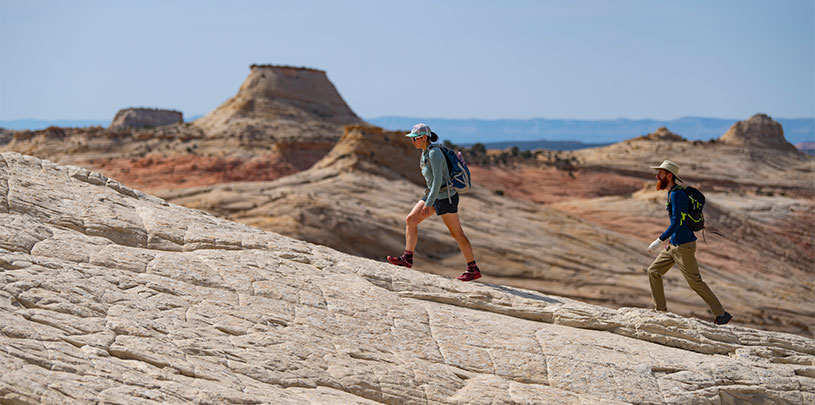
2020 has been a real whirlwind. From the global pandemic, to a historically high-turnout presidential election, to an “alien” steel column in a canyon in Bears Ears, this year has been one for the history books. As we stoke our respective home fires amid the holiday season, let’s look forward to what might be in store for Bears Ears and Grand Staircase-Escalante national monuments.
What a Biden administration could mean for Utah’s national monuments
You may have heard the old saw “elections have consequences,” and the election of the Biden-Harris ticket could not be more consequential for Utah’s national monuments. Reversing the damage done by the current administration was a central pillar of the Biden campaign, and Utah’s embattled national monuments are at the top of the list for swift and decisive action.
According to the Biden-Harris Plan for Tribal Nations: “As President, Biden will take immediate steps to reverse the Trump administration’s assaults on America’s natural treasures, including by reversing Trump’s attacks on the Arctic National Wildlife Refuge, Bears Ears, and Grand Staircase-Escalante.”
We’re very hopeful that we’re about to enter a time of restorative transformation for Utah’s national monuments.
Through Bears Ears’ designation in 2016 and its attempted dismemberment in 2017, the local San Juan County Commission opposed the monument and favored its elimination. The county also funneled almost half a million dollars of taxpayer money to a New Orleans law firm to lobby Trump administration officials to eradicate Bears Ears. Now, the county’s majority-Native commission supports restoring Bears Ears, and passed a resolution urging President-elect Biden to do so. Restoring Bears Ears and Grand Staircase is popular with the public too; two-thirds of Western voters disagreed with the reductions after President Trump’s action.
Building back better at Bears Ears
We’re optimistic that restored monuments will mean new and better management plans to replace the inadequate plans pushed through in a rush by the current administration. At Bears Ears, the long-overdue federal-intertribal collaborative management model found in President Obama’s 2016 proclamation may finally be enacted. This would enable the Diné, Hopi, Ute, Ute Mountain Ute, and Zuni nations to design an innovative management plan incorporating Indigenous science, Indigenous traditional knowledge, and Western science. We’re excited to see it unfold.
Expanded collaborative management on the horizon
While the original model for collaborative management at Bears Ears was the strongest to date in American law, Bears Ears is but a small slice of land that deserves renewed Indigenous guidance. The Biden-Harris administration offers hope for more in its Plan for Tribal Nations as well, promising: “…[President Biden] will provide tribes with a greater role in the care and management of public lands that are of cultural significance to Tribal Nations.”
We’re committed to supporting increased Indigenous influence over the management of “public lands,” which are really ancestral lands, and we’re excited about the leadership Native nations can bring to collaborative management at Grand Staircase-Escalante and other cultural landscapes.
More radioactive waste coming to Bears Ears?
2020 saw two troubling new proposals to ship foreign radioactive waste to the White Mesa Mill, the last conventional uranium mill in the United States, located just one mile east of Bears Ears’ original boundaries. The mill is located just under four miles from the White Mesa Community of the Ute Mountain Ute Tribe. Community members there are concerned about public health impacts and contamination of land, air, and water.
As the lynchpin for America’s beleaguered uranium industry, what happens at the mill impacts communities all across the United States, including Indigenous communities. Now, the mill is seeking to import radioactive waste from Estonia, Japan, and elsewhere. Once uranium is extracted from the waste, the toxic leftovers will be buried at the mill forever. Will the White Mesa Mill become the world’s radioactive waste dump?
Safe, For Now
After working hard to defend our besieged national monuments for the last four years, we’re grateful for your continued support and advocacy on behalf of the lands and the people who call them home. Once restored, Bears Ears and Grand Staircase will emerge relatively unscathed.
After three years stripped of protections, no oil and gas or coal leases were issued, and only a handful of new mining claims were filed on lands cut from the monuments. With the exception of one partially excavated uranium mine that sits idle inside the original Bears Ears, all those mining claims are likely to stay undisturbed. Thanks to people like you paying attention and speaking out, the future for Bears Ears and Grand Staircase-Escalante looks much brighter.




